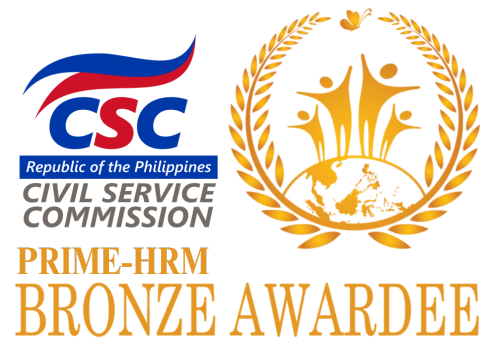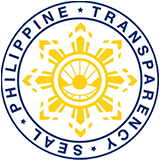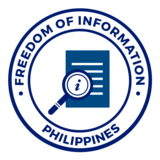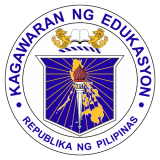The Department of Education has adopted alternative work arrangements in light of the COVID-19 stringent social distancing measures to ensure continuity in the delivery of essential services and priority programs including, but not limited to, telecommuting and work-from-home schemes. This work arrangement often involves exchange of digital data and online transactions between and among DepEd officials and employees. As such, there is a need to ensure that the integrity of these transactions are secured and maintained. To do so, a mechanism for trusted on-line relationship must be established. This mechanism is called Public Key Technology which is provided by the Department of Information and Communications Technology (DICT) through the use of the Philippine National Public Key Infrastructure (PNPKI) or more popularly known as Digital Signature.
Under Section 4 of Executive Order No. 810, s. 2009 (Institutionalizing the Certification Scheme for Digital Signatures and Directing the Application of Digital Signatures in E-Government Services), all government agencies and instrumentalities providing electronic services to its clients shall require the use of digital signatures in their respective e-government services to ensure confidentiality, authenticity, integrity and non-repudiation of electronic transactions in the government. The use of digital signature is also recognized by Republic Act No. 8792 which states that electronic signature on the electronic document shall be equivalent to the signature of a person on a written document.





